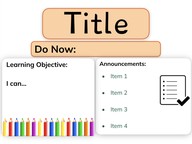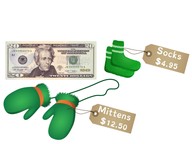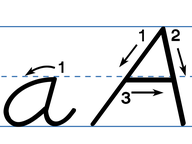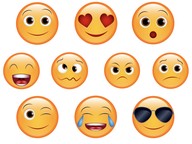
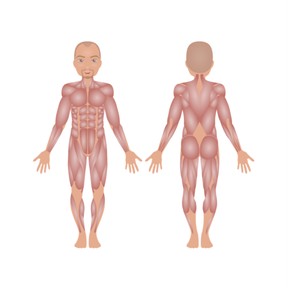
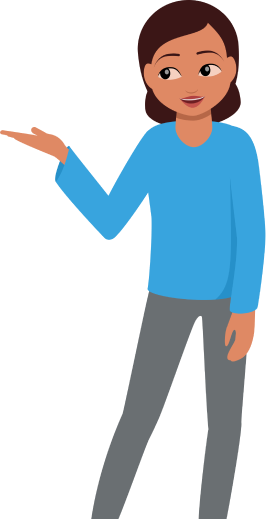

8,000 schools use Gynzy
92,000 teachers use Gynzy
1,600,000 students use Gynzy
General
The muscular system is what allows your body to move. This lesson will teach students about the three types of muscle tissue (skeletal, cardiac, and smooth) and explain the difference between voluntary and involuntary muscle movement. Students learn about the muscle cells and ways to keep their muscles healthy. They’ll also learn about the major muscle groups of the body and their functions.
Standards
NGSS:
MS-LS1-3
MS-LS1-8
Learning Objective
Students will be able to describe the functions of the three types of muscle tissue of the muscular system.
Introduction
Have students close their eyes and try to control their heartbeat. Have them do the same with their digestion. Explain that these are involuntary actions, meaning these muscles work without us even thinking about it. Explain the difference between voluntary and involuntary movements and the importance of the muscular system which allows us to write, dance, smile, and more! Then share some interesting facts about muscles.
Instruction
Show the diagram of muscle cells and go through the muscle fiber, the myofibril, and sarcomere. Explain that muscles move by contracting and then relaxing. Introduce the three types of muscle tissue: skeletal, cardiac, and smooth, briefly describing each. Explain each one in detail, beginning with smooth muscle. Students spin the wheel and describe how smooth muscle works in the body. Next, explain the function of cardiac muscle and then move on to skeletal muscle. Have students lift an object and observe how their bicep activates. Then have them drag the muscle type to the correct location on the diagram. Get students moving by having them stand on their toes and then squat. Can they feel their muscles working? Explain that these large muscles are powerful. Exercising can ensure that these muscles stay strong and healthy later in life. Finally, show students each of the major muscle groups.
Quiz
Students respond to ten multiple-choice, true/false questions, and fill-in questions.
Closing
Students drag the names of the major muscle groups to the correct place on the diagram. These include the triceps, deltoids, hamstrings, and abdominal muscles.
The online teaching platform for interactive whiteboards and displays in schools
Save time building lessons
Manage the classroom more efficiently
Increase student engagement
Discover more!
About Gynzy
Gynzy is an online teaching platform for interactive whiteboards and displays in schools.
With a focus on elementary education, Gynzy’s Whiteboard, digital tools, and activities make it easy for teachers to save time building lessons, increase student engagement, and make classroom management more efficient.
